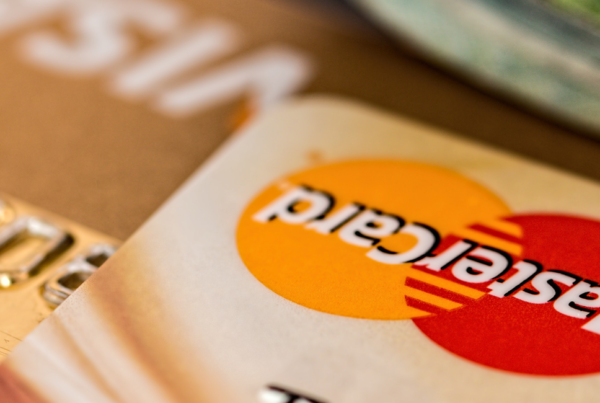
Credit checks and your score, why they matter.
Let’s suppose that your credit score is like a pie which represents your financial well-being.
Divide the pie into slices, each of which shows a different factor of your credit score. One large slice represents your open credit-card utilization rate, one more shows your credit history, another is your average of on-time payments, yet another is the derogatory marks on credit reports.
Other than these big slices, the one tiny slice shows your hard credit checks. Every time you apply for credit, you use a small bite out of this tiny slice.
Now, what exactly is a hard credit check? Also, what impact can it have on your credit score. Let’s start with the basics of hard and soft credit checks.
What is a hard credit check?
When you apply for a credit card, a loan or a mortgage, the financial organization, such as a lender or credit card issuer “pulls” your credit report. In order to make a lending decision, they check a variety of factors found on this report. This is a hard credit check also known as a hard inquiry.
Here are a few situations where a hard credit check may take place:
- While applying for an installment account. This comprises of mortgages, auto loans, student loans, home equity lines, signature loans, and personal loans.
- While applying for a revolving line of credit. This consists of a credit card from a bank or trader, or a home equity line of credit (HELOC).
Impact on credit score
A hard credit check can lower your scores by a few points each time. It may seem like a negligible effect on your credit score, but it can add up. This damage to your credit typically vanishes before the inquiry drops off your credit check reports for good.
Not bad, but you should think carefully before applying for multiple credit cards at the same time. Multiple, recurring hard inquiries could lead credit card issuers or lenders to consider you a high-risk customer. Because multiple applications for loan or credit cards suggest that you may be short on cash, or you’re loading up on debt. So carefully consider spreading out your credit card applications.
For secured loans, often times it’s better to do all your checks at once. The credit agencies will see you are shopping for a car, home, or other large purchase and not ding you multiple times. The problem is when this becomes consistent.
What is a soft credit check?
A soft credit check or inquiry (also called “soft pulls”) can occur a couple ways. When a company or a person checks your credit report as part of a background check, this is usually a soft pull. When you “pre-qualify” for a loan, this is often a soft check to determine eligibility for a hard check. There are various activities that result in a soft inquiry. When you check your personal credit report, for example, it’s considered a soft credit check. In the case of a soft pull, the credit is not actually reviewed by the lender.
Here are a few situations where a soft credit check may take place
- While checking your own credit score through a free credit-monitoring service.
- When you’ve presented a special promotional rate by an industry. This comprises of those pre-approved credit-card offers which you usually receive in the mail.
- While opening a new account with a utility company. Some companies require deposits for equipment only if you have poor credit.
- It can happen as a background check when you apply for a new job
- While filling out a loan request to review the options you have.
- While requesting your own credit card report.
Misconception: that when you check your report, it will lower your credit score. You can check your annual credit reports from any of the three major bureaus for free and without any credit-score worries.
Impact on credit score
A soft credit inquiry won’t affect your credit, but it will show up on your credit report. You can always see both soft and hard credit checks on your credit report, which will also show the name of the requester and the date. It might be under a list like “inquiries that do not affect your credit rating.”
As soft inquiries aren’t linked to a particular application for new credit, they will be only visible to you when view your credit reports.
What’s the difference between soft and hard credit checks?
The difference between a hard and soft credit check is whether you give permission to the lender to check your credit. If you do so, it may be reported as a hard credit check but if you don’t, it will be reported as a soft credit check.
Note: If you’re not sure about how a particular inquiry will be categorized, ask the credit card issuer, company or financial organization involved to distinguish whether it’s a hard or soft credit check.
Bottom line
Credit scores are very important in your financial well-being. Before considering a credit application, take time to ensure your credit and debt are safe to increase. If you have strong credit, the chances of approval for the financial products will increase. Also, a high score usually grants you lower interest rates.
To recap, the most significant takeaway here is that checking your personal credit does not hurt your credit score. Hard inquiries occur when you ask for a new line of credit, on the other side, a soft inquiry occurs when you check your own credit or request pre-approval. There is no effect of soft inquiries on your credit score, but hard inquiries can slightly lower your score by a few points per inquiry.
Your partner in debt relief,
Consumer First Financial





